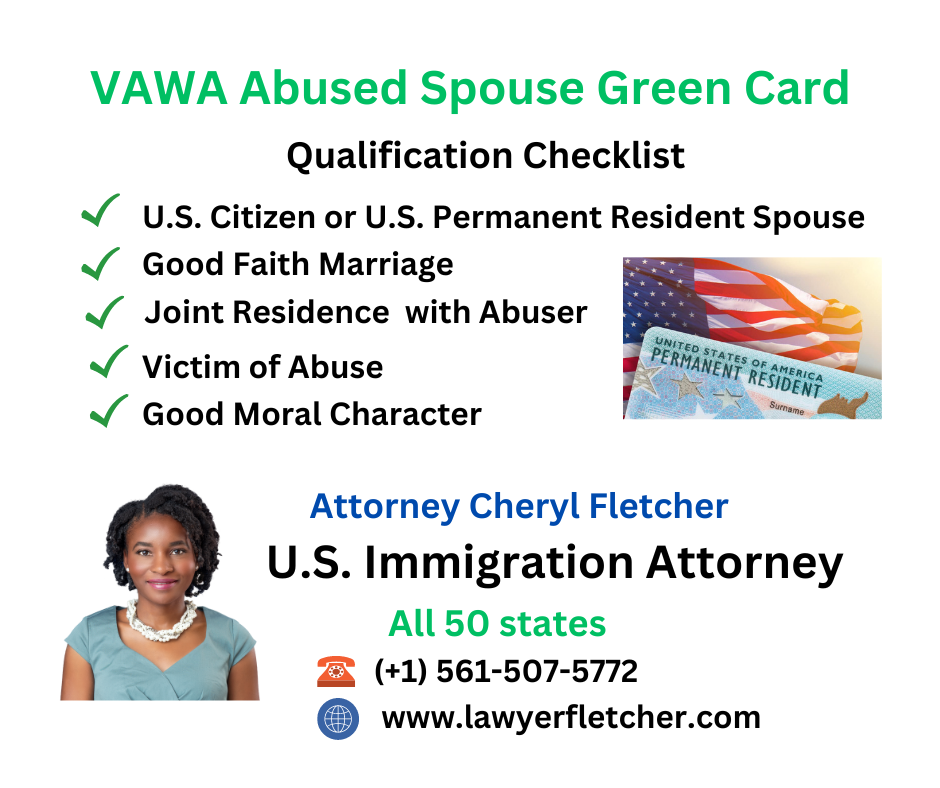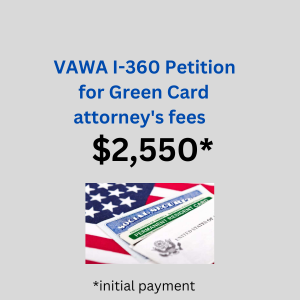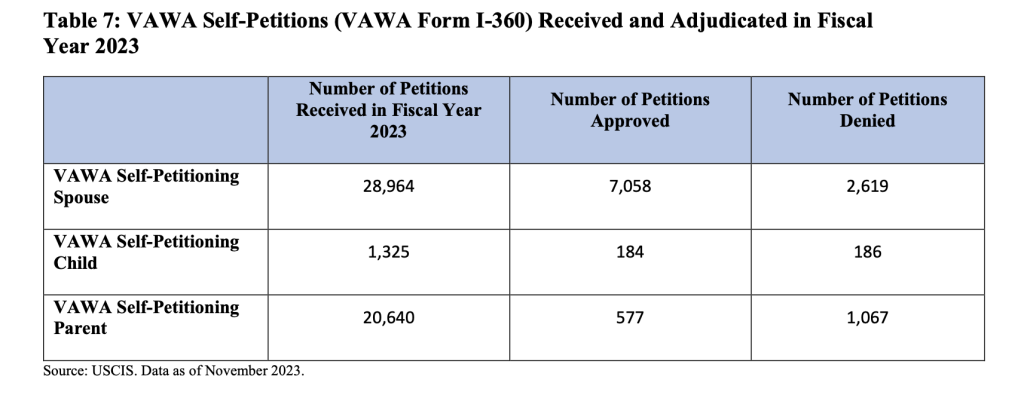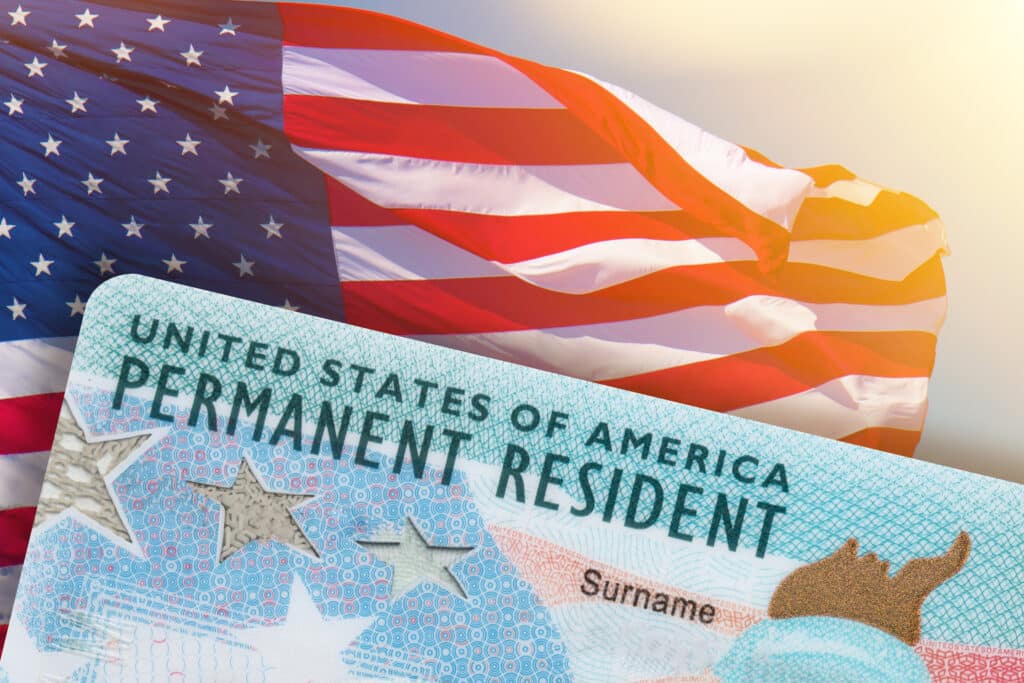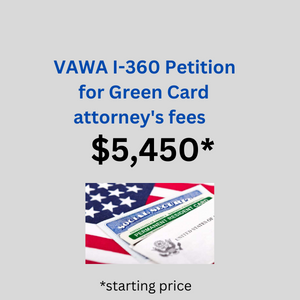How Long After VAWA is Approved to Get a Green Card?
How Long After VAWA is Approved to Get a Green Card? Overview
“How long after VAWA is approved to get a green card?” is a legitimate question. When researching VAWA, you may wonder how long the entire process will take. Rest assured, you have clicked on the right article. We will explore the answer thoroughly so that you will be able to manage your expectations.
Eligibility: The Three Categories of VAWA Applicants
VAWA means Violence Against Women Act, but men can also qualify. It allows certain abused persons to self-petition for a green card, without the need for a sponsor. Only three categories of abused persons are eligible for VAWA. You are eligible for VAWA if your U.S. citizen or lawful permanent resident spouse or parent abused you. Additionally, you may be eligible for VAWA if your U.S. citizen child abused you. It is important to note that abused parents of lawful permanent residents are not eligible for VAWA.
A solid I-360 petition shows the relationship between you and the abuser and should include various pieces of evidence documenting the abuse. The abuse can be physical, mental or both.

What Impact Does Your Abuser’s Immigration Status Have on the Availability of Your Green Card?
After USCIS approves your I-360 form, your abuser’s immigration status determines how soon an immigrant visa becomes available,. The availability of the visa then dictates when you can get your green card. Form I-485 is the actual green card application. If you file only form I-360, you have not applied for a green card.
VAWA Applicants With an Abusive U.S. Citizen Relative
Parents, children, and spouses abused by a U.S. citizen are considered “immediate relatives.” The government offers an unlimited number of immigrant visas for “immediate relatives,” and these visas are always available. Once USCIS approves your I-360 Petition, a visa becomes available. As an immediate relative of a U.S. citizen, you may file the I-360 petition alone or you may file it with an I-485 Adjustment of Status application. A pending I-485 form, makes you eligible for work authorization and travel. You must apply for these two benefits using the appropriate forms. While waiting, you can work and travel, without being pre-occupied with the processing time for a VAWA green card.
VAWA Applicants With an Abusive Lawful Permanent Resident Relative
If your abusive relative is a lawful permanent resident, you cannot file for adjustment of status until your priority date is current. The priority date is the date USCIS receives your application, as noted on your I-360 receipt notice (I-797C Notice of Action). Due to visa backlogs, even if the I-360 is approved quickly, you must wait for the category to become current. The US visa bulletin, updated monthly, provides current category information.
Unlike applicants with abusive U.S. citizen relatives, those related to permanent residents cannot apply for work authorization while the I-360 is pending. You must wait until after I-360 approval to apply for adjustment of status, work, and travel authorization. This is possible, even without filing an I-485 adjustment of status application.
Processing Times for VAWA Green Card
The I-360 petition is processed by the Nebraska Service Center and it takes about two to three years for the agency to reach a decision. USCIS regularly updates its processing times based on its workload and the number of applications it receives. Even if you file your I-485 application with your I-360 petition, is not being evaluated until after there is a decision on form I-360.
Processing times for your I-485 application vary according to which local office is responsible for adjusting your status. The state in which you live determines the processing office. As of 2025, it takes about 15 months, from approval of form I-360, for you to get a decision on your I-485 form. In total, it should take three to five years from the initial VAWA application for you to receive your green card.
VAWA I-360 Petition Approved but Adjustment of Status Application Denied?
Getting an I-360 VAWA petition approved does not guarantee that you will receive a green card. You may have inadmissibility issues that prevent USCIS from approving your adjustment of status application. Some of these issues include, a criminal record, unlawful entries to the U.S. health issues, or membership in certain groups.
For some issues, you may be able to apply for an I-601 waiver to “forgive” you so that you can get your green card. On the other hand, some issues are not waivable and you won’t be able to get your green card.
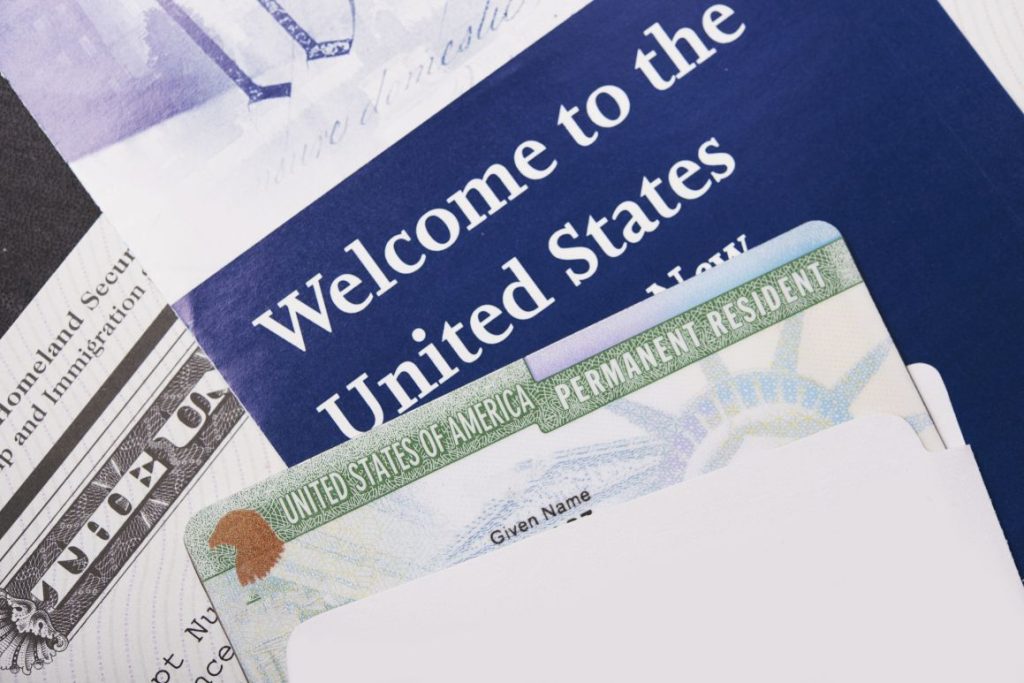
How an Immigration Attorney Can Help?
My name is Cheryl Fletcher and I have been an immigration attorney since 2015. I have helped hundreds of survivors of domestic violence through the VAWA immigration process.
We will properly evaluate your case and take the right steps to ensure it is processed in a timely manner.
If you would like to speak with me about you case, feel free to reach out to us by clicking the orange button below.

Watch Attorney Fletcher explain the 8 eligibility requirements for a successful VAWA petition. WATCH NOW.



